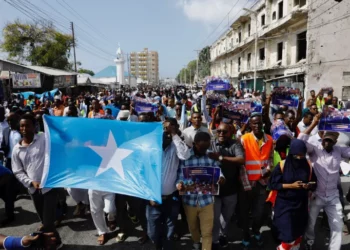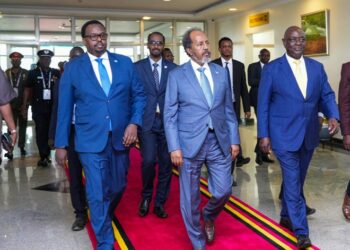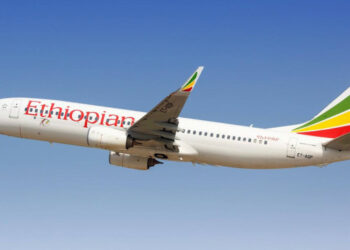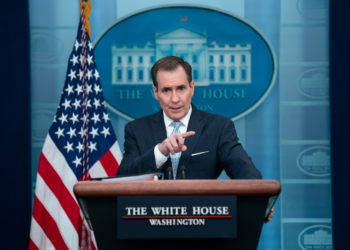Addis Ababa, Ethiopia – In a recent development that marks a significant shift in the Horn of Africa’s geopolitics, the Ethiopian government has openly confirmed its unwavering commitment to an agreement with Somaliland, despite mounting international and regional pressures. This statement was made by Deputy Prime Minister and Foreign Minister, Demeke Mekonnen, during the opening of Ethiopia’s Diplomacy Week, an annual event focused on enhancing international diplomacy and regional cooperation.
The Memorandum of Understanding (MoU) at the heart of the controversy involves Somaliland leasing approximately 20 kilometers of its coastline to Ethiopia, a strategic move for the landlocked nation. In return, Somaliland is poised to receive shares in Ethiopian Airlines and possibly formal recognition as an independent state, a long-standing aspiration since its declaration of independence from Somalia in 1991.
Despite Somaliland’s reaffirmed commitment to the MoU, the agreement has elicited a strong reaction from Somalia’s President Hassan Sheikh Mohamud. He has vehemently opposed the deal, perceiving it as a threat to Somalia’s territorial integrity and sovereignty. This stance is echoed by major global and regional actors, including the European Union, the Arab League, the United States, Britain, China, Turkey, Egypt, and Saudi Arabia, all advocating for Somalia’s territorial unity.
Complicating matters is the internal dynamic within Ethiopia, a nation historically grappling with secessionist movements. Critics argue that Ethiopia’s engagement with Somaliland could potentially reignite various internal conflicts, given its historical issues with domestic secessionist forces and the delicate ethnic balance it must maintain. This situation has raised alarms over the potential for regional instability.
Furthermore, the pact, which remains shrouded in secrecy due to the unavailability of its full text, has already spurred tensions. This unease is evident in the recent military cooperation talks between Ethiopia and Somaliland, viewed with apprehension by the Somali government. The discussions, which centered around access to commercial maritime services and a military base, signal a deepening of relations between Ethiopia and Somaliland, much to Mogadishu’s chagrin.
In response to these developments, Somalia has sought international support, notably visiting Eritrea for security talks and receiving an invitation from Egypt for further discussions. This indicates a growing regional concern about the implications of Ethiopia’s pact with Somaliland.
Djibouti, currently heading the regional grouping IGAD, has also voiced its concerns, emphasizing the need for dialogue to de-escalate tensions. This call for diplomacy comes amidst widespread protests in Mogadishu, where thousands have taken to the streets to denounce the agreement as an infringement on Somalia’s sovereignty.
As the situation unfolds, the international community, including the African Union and the United States, urges calm and respect for Somalia’s sovereignty and territorial integrity. The pact, while offering economic and strategic advantages to Ethiopia and Somaliland, has reopened old wounds in a region already marked by delicate geopolitical balances.
In this complex and rapidly evolving scenario, the Horn of Africa stands at a crossroads, with the potential outcomes of this agreement likely to have far-reaching consequences for regional stability and diplomatic relations














